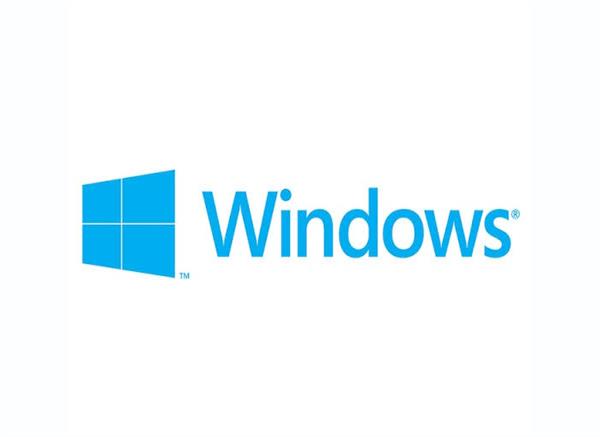Windows 11, the latest operating system developed by Microsoft, includes certain security measures that may be perceived as blocking certain activities or software. These measures are implemented to enhance the overall security, stability, and user experience of the operating system. While some users may find these restrictions inconvenient, they serve important purposes and are intended to protect users and their systems from potential threats.

One of the primary reasons Windows 11 may block certain software or activities is to safeguard against malware, viruses, and other malicious programs. Malicious software can pose a significant risk to the security and privacy of a user's data, as well as the overall functionality of the operating system. To mitigate these risks, Windows 11 incorporates security features such as strict permission controls, executable file validation, and digital signature verification. These measures help prevent the execution of potentially harmful software and protect users from inadvertently installing or running malicious programs.
Another reason for blocking certain activities or software in Windows 11 is to ensure system stability and performance. Some applications or processes may consume excessive system resources, leading to system slowdowns or crashes. In order to maintain a smooth and efficient user experience, Windows 11 may restrict or block software that is known to cause compatibility issues or resource-intensive behavior. These restrictions help to prevent system instability and allow users to work with confidence, knowing that their operating system is optimized for performance.
Moreover, Windows 11 introduces a more streamlined and secure approach to app distribution through the Microsoft Store. The Microsoft Store provides a curated environment for users to discover and download applications that meet certain quality and security standards. By limiting the installation of software to trusted sources, Windows 11 reduces the risk of users inadvertently installing potentially harmful or unreliable applications from unverified sources. This approach promotes a safer computing environment and helps users avoid the potential pitfalls associated with downloading software from unknown or untrustworthy websites.
It's important to note that while Windows 11 strives to provide a secure and stable operating system, there may be instances where legitimate software or activities are inadvertently blocked. In such cases, Microsoft typically releases updates and patches to address compatibility issues and provide necessary fixes. Users can also customize their system settings and permissions to allow specific software or activities if they are confident in their safety and trustworthiness.
In conclusion, Windows 11's blocking measures are primarily implemented to enhance security, stability, and user experience. By preventing the execution of malicious software, ensuring system stability, and promoting the use of trusted applications, Windows 11 aims to provide a secure and reliable computing environment for its users. While these restrictions may sometimes be perceived as inconvenient, they ultimately contribute to a safer and more efficient operating system.